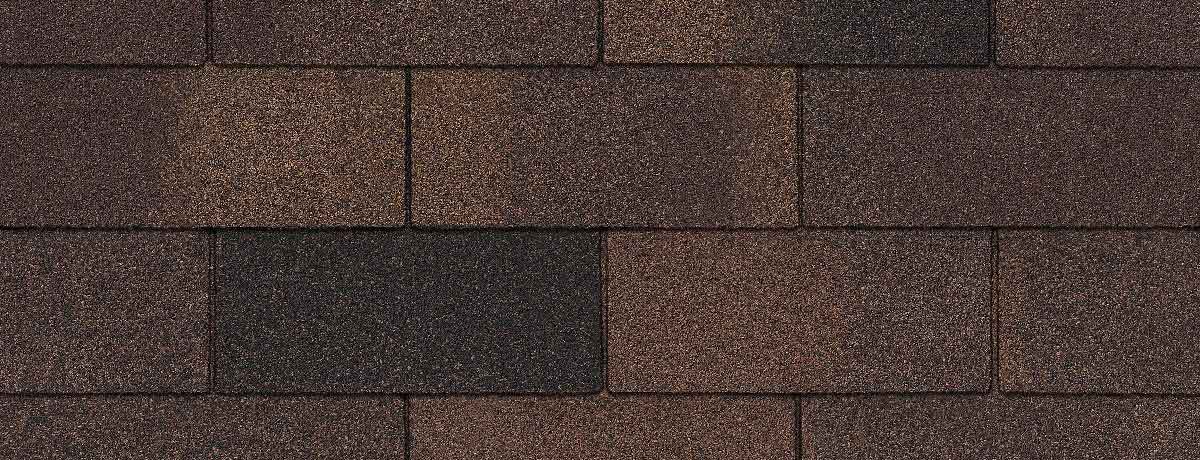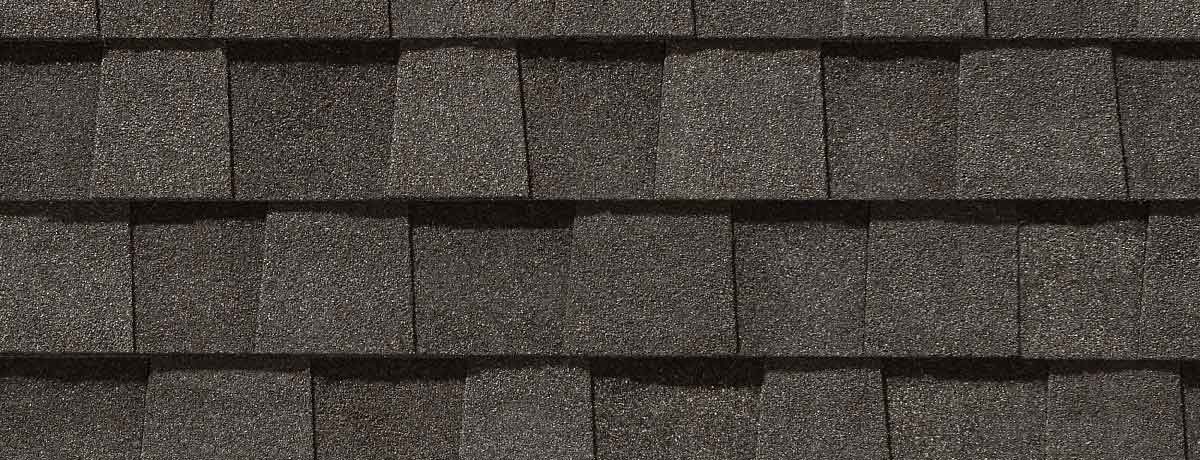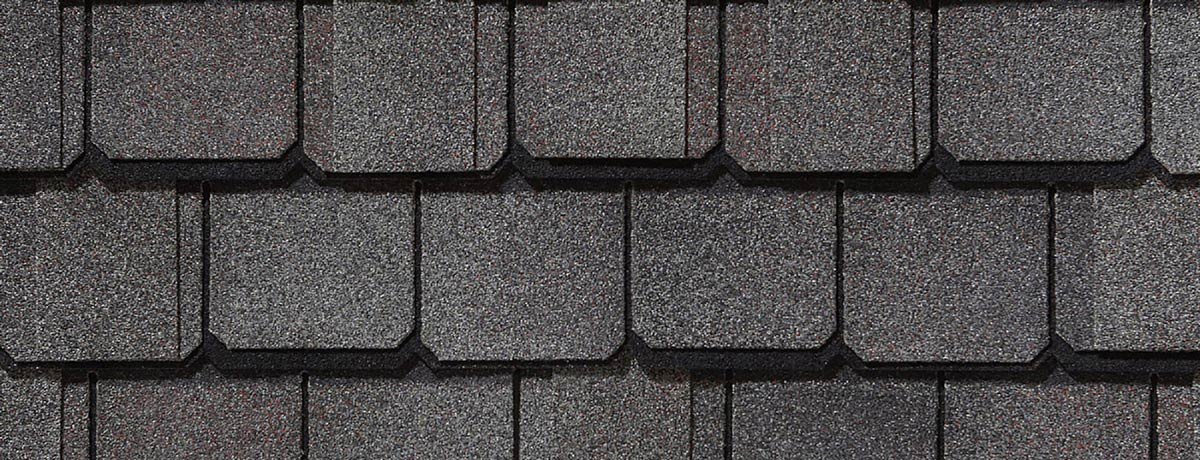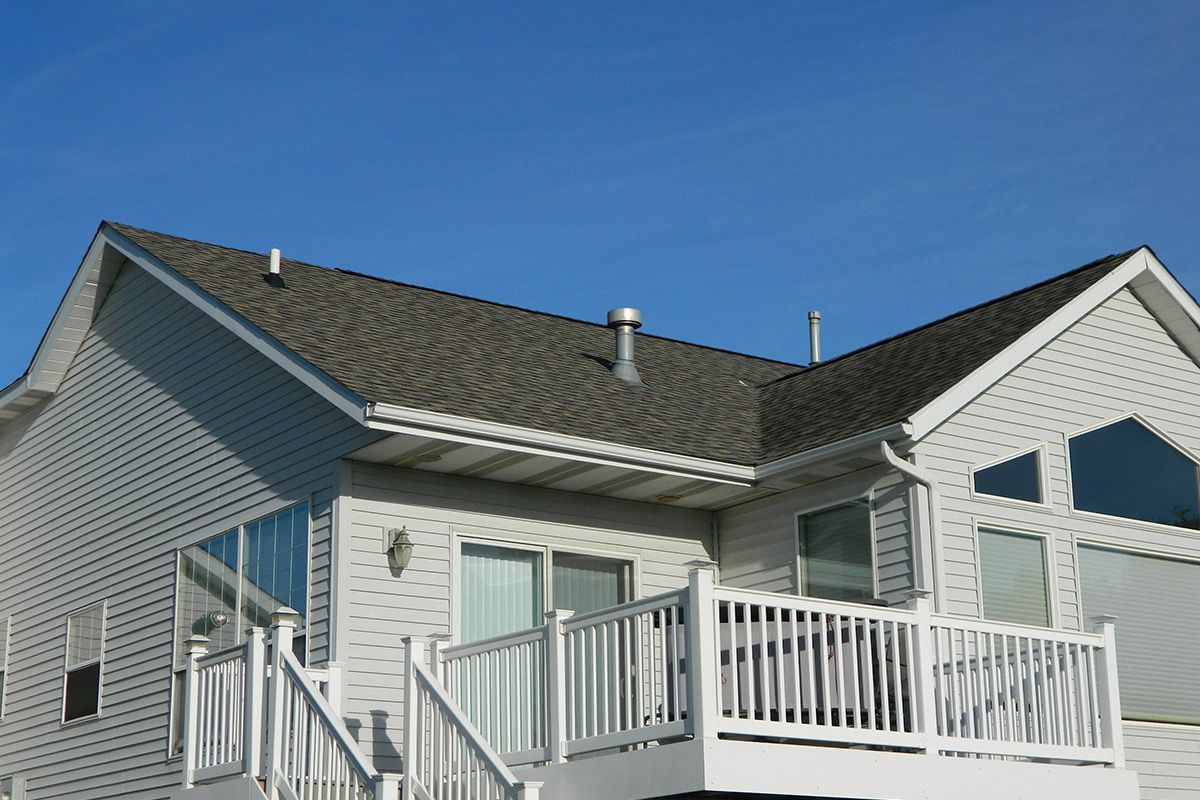What type of shingles are right for me?
If you’re a homeowner, chances are your shingles aren’t something you think about every day. That is, until your roof starts leaking, your shingles start cracking, and your home starts looking a little worse after each storm rolls through!
You don’t want to let your roof get any worse than it already is, but you don’t know where to start or what shingles are best for you. When it comes time to replace your shingles, you deserve to know all your options – and we’ve got everything you need to know in this handy shingle guide.
What are shingles?
At the most basic level, shingles are overlapping pieces of material that help protect your roof from the outside elements. They can be made from a variety of materials, and each type has specific features designed to help protect your home from wind, rain, snow, and other elements. Aside from protecting your roof, they can add and complement the aesthetic features of your home.
What type of shingles are there?
Asphalt
Asphalt shingles are comparatively inexpensive and come in a wide range of colors and styles. Typically made of fiberglass, asphalt, and granules, these shingles are waterproof and fireproof. Asphalt shingles are also called composition or composite shingles.
Asphalt shingles usually come in three primary grades: 3-tab, dimensional, and luxury. These shingles have a lifespan of between 15 and 30 years, depending on the climate where they’re installed. However, these shingles can often crack and fall off if exposed to wind or extreme temperatures, so they don’t last as long as other types.

3-tab
Simplest roofing shingle, also called “strip” shingle. Each shingle is a single layer of asphalt that lays flat against the roof.
Features: Slate look, lighter weight, lower cost. Mostly used by homeowners who already have 3-tab shingles for repairs or home builders that build low-cost homes.

Dimensional
Also called “architectural” or “laminate” shingles. Each shingle has multiple layers of asphalt fused on top of each other.
Features: Makes the roof multidimensional, resembles wood or slate roofing. Most popular choice for American homes. (CertainTeed Landmark)

Luxury
Also called “premium” or “designer” shingles. These shingles resemble old-world roofing materials.
Features: High-end, most protection from weather, most energy efficient, multidimensional design.
*At Hopkins, we only use the Dimensional and Luxury asphalt shingles on roof replacements.
Slate
Slate shingle roofs provide great protection from water and wind, and can last between 80 and 100 years – which is two to four times longer than other common shingle types. Because they’re heavier than other types of shingles, it’s important to find out if your roof will support the weight.
Slate shingles can be expensive to install and maintain, and they can be hard to replace due to the lack of contractors who specialize in them.
Clay / Concrete
Clay shingles are an environmentally friendly option that can last for a long time – sometimes up to 80 years.
However, they can be expensive to install, and they don’t work well for homes in cold climates. They can also cause leaks when they break, in which case you’ll need to call a professional contractor to restore them.
Metal
Metal roofing is one of the most long-lasting types of roofing material. It’s highly wind, water, and rot resistant, and you can even add a rubber coating to extend its life. Metal roofs are also reflective and can help you reduce your cooling costs.
How do I know which shingles are the right fit for me?
When getting your shingles replaced, it’s crucial to get materials that are the best fit for your home, climate, and budget.
What to consider when choosing your shingles:
1. Local Climate
Different types of materials are better suited for different weather patterns and climates. High winds can rip off lighter shingles, but heavy snow can add too much weight to your roof if you have heavy materials.
If you live in a hotter climate, you might prefer a metal roof because it reflects the sunlight away from your house, helping to cool your home. Slate and clay are popular choices in areas along the coast because they can withstand heat and strong winds.
2. Weight Limit
Every house has a different “dead load” tolerance – a.k.a. the amount of weight the roof structure can support.
Exceeding your home’s dead load can add stress to your house, eventually causing damage to the structure. On average, a house’s dead load is around 15 pounds per square foot.
3. The Slope of your Roof
The slope of your roof is how steep the angle of your roof is. Roofs that are more sloped might not be able to handle heavier materials, like clay and slate.
4. Cost
The cost of your project will come down to a few different factors: roof size, roof slope, roofing materials, where you live, local building codes, and extra features such as skylights, chimneys, gutters, vents, etc. Labor will also add to your total.
Materials will often be estimated by the square foot or “Square”. One Square is equal to 100 square feet. For example, a bundle of shingles might cost $4.00 per square foot (or $400 per square).
The average cost for a roof replacement is between $4,000-$10,000, depending on the factors previously listed.
5. Color
If you’re like me, you probably won’t always notice the structural aspects of your roof, especially when nothing is wrong with it – but you will notice the color of your roof. Luckily, roofing materials come in a variety of colors and appearances. You just need to choose what’s right for you.
Look at the houses around your neighborhood. You can see houses that are similar to yours and decide what you like and what you don’t. This will help you to get a good idea of what your new roof might look like on your own home.
Choosing shingles can seem overwhelming. Even after considering all of the different factors, you might still have questions. At Hopkins Roofing, we have over 60 years of experience in the residential roofing business, and we can help you find the right shingles for your home!
What shingle partner companies does Hopkins Roofing work with?
We work with several partners to source our shingles to ensure your roof has the highest possible protection from the elements.
Our top shingle brand recommendations include:
If your shingles are old and deteriorating, they may not be protecting your roof like they should. Don’t leave your shingles to chance – call Hopkins Roofing and get a free roof inspection to make sure your roof is done for good!



